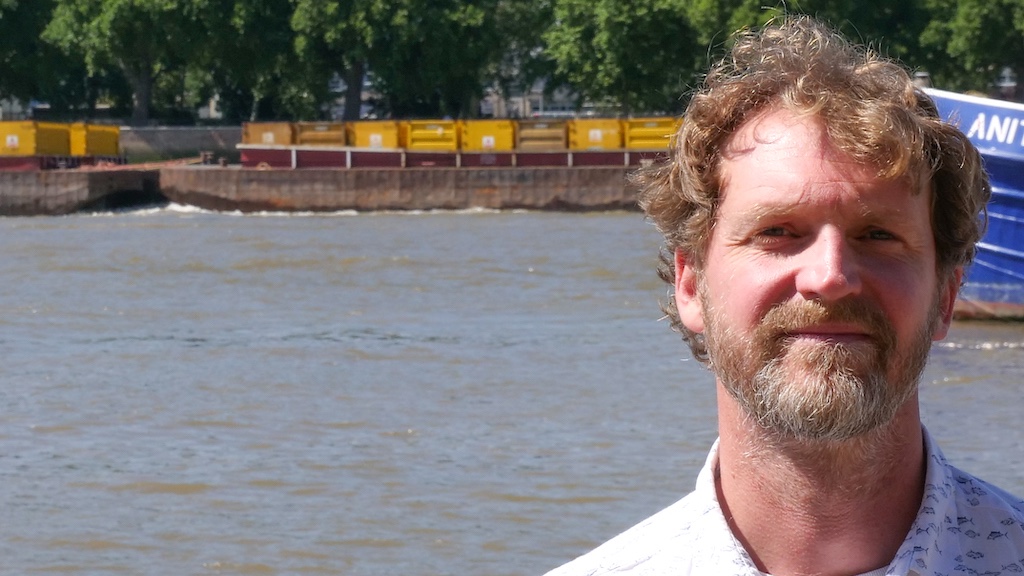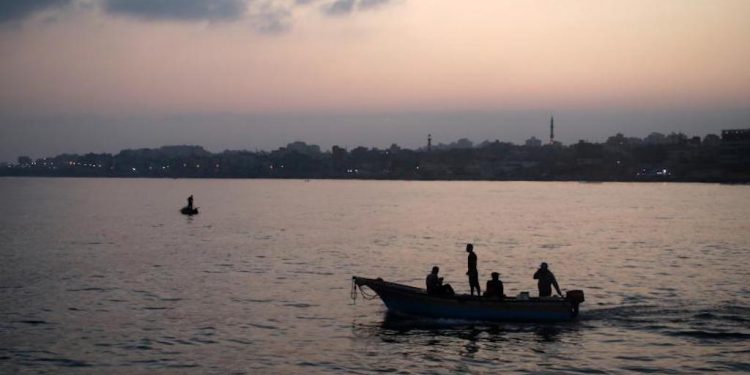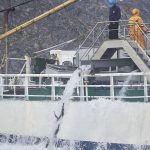The ITF will join representatives from civil society, academia and the UN at a Geneva event at the Palais des Nations today – 21st November – on World Fisheries Day 2024.
Trade unions, the International Labour Organization (ILO), civil society advocates, policymakers, and labour rights experts will come together for World Fisheries Day to discuss and address critical needs within the fishing industry – with a focus on safeguarding fishers against human trafficking and improving working conditions and fishers’ wellbeing worldwide.

World Fisheries Day is celebrated annually on 21st November to raise awareness of the vital role of fisheries and aquaculture in supporting global food security, providing employment, and contributing to economic development.
‘On World Fisheries Day 2024, we need to thank our trade union fishing affiliates and the 150,000 fishers that they represent in their work keeping seafood on our plates,’ said ITF Fisheries Section Coordinator Chris Williams.
‘While these fishers are protected by collective bargaining, many of the 38 million people working in fishing are not. Fishing is a sector marked by high informality, self-employment and rampant exploitation particularly of migrant workers, but decent work must be an absolute priority for the sector.’
The event’s discussions will cover issues including the need for formal labour protections in fishing, the ratification of the ILO Work in Fishing Convention (C188), and the proper enforcement needed to combat the risks of forced labour and human trafficking – all fundamental components of a concerted drive towards establishing fair and decent working conditions in what is widely recognised as among the most dangerous industries in the world.
Traditionally hosted by the United Nations Food and Agriculture Organization (UN FAO) and Stella Maris in Rome, Italy, this year’s observance has been revitalised by the cooperation between Stella Maris, the Santa Marta Group and the International Transport Workers’ Federation (ITF) Fisheries Section.
Together, they aim to spotlight urgent issues within the fishing industry and drive forward solutions for protecting fishers’ rights and welfare.









